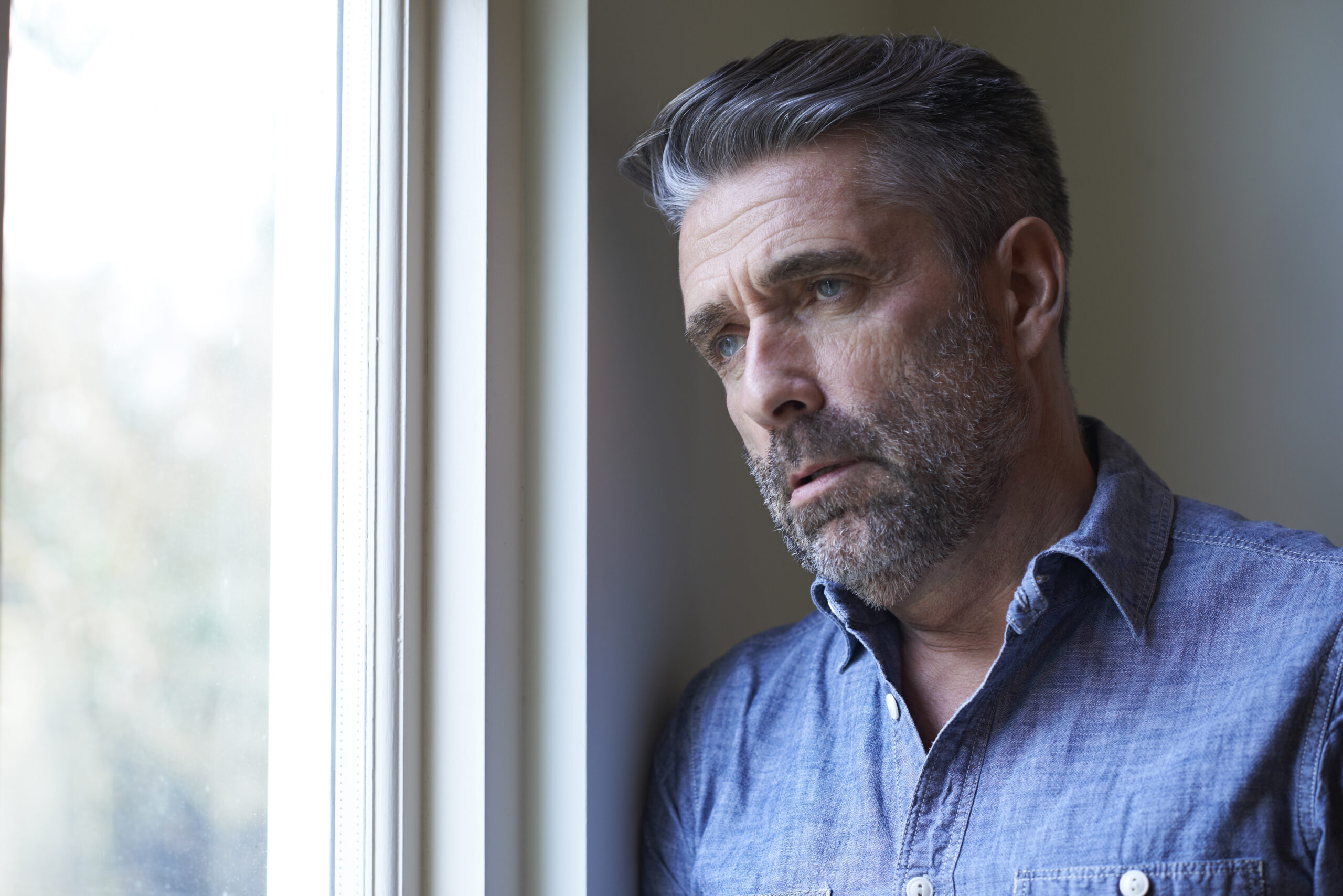
5 Ways to Prevent Relapse in Retirement
When you’ve struggled with a substance use disorder, an open schedule can feel less like infinite freedom and more like an endless source of temptation.
Whether you’ve been in retirement for a few years or you are just about to enter retirement, relapse might be a concern that’s at the front of your mind — if so, you’ve come to the right place.
We’re going to share with you a variety of different ways that you can prevent yourself from relapsing when you’re new to retirement.
What causes relapse in retirement?
The transition from working every single day to suddenly having all the time in the world can be overwhelming, and it’s not uncommon for old habits to resurface during this time.
For some people, they might have struggled with a substance use disorder mid-life, but were able to manage it by having a career, maybe actively raising children or engaging in a variety of activities. Now that they’re approaching (or already in) retirement their newfound abundance of idle time has opened the door to old temptations.
For others, perhaps they struggled with a substance use disorder their entire lives, but were able to maintain their sobriety through a variety of factors such as career, family, friends, personal and professional goals. Retirement may be the first time they have had to directly combat temptation regularly, and it may be more difficult than they imagined it would be.
The causes of relapse in retirement vary per person, but the most common are:
- Lack of a structured schedule
- Mental health challenges
- Loss of sense of purpose
- Reduced social networks
- Emerging chronic conditions
The good news is, while temptations do exist, they can be not only resisted, but channeled in productive and fun ways.
Relapse prevention activities
There are many different strategies to emboldening your sobriety in retirement so that relapse becomes a distant thought; we’re going to share with you our top five.
1. Take up a new hobby
You may already have a selection of hobbies you already partake in, but maybe your passion for them is weaning, you’re ready to try something new, or perhaps, you simply want more hobbies. Retirement is an ideal time to try new things, meet new people, go new places — this is a time in your life to explore things you may not have had the time for before.
2. Volunteer your time
One of the most powerful (but underrated) actions we can do is give back to our communities through volunteer work. You can volunteer in a way that personally interests you, such as at an animal shelter, food kitchen, community garden, or, if you feel called to do so, you can reach out to the addiction recovery community and see how you, in your sobriety, can help.
3. Start a movement routine
Some people rediscover, or find for the first time, a passion for exercise in retirement, but not everyone does, and that’s okay. Daily movement is important, not only for your overall health, but also as an effective form of relapse prevention. Rather than forcing yourself to engage in exercises you don’t enjoy, give yourself permission to experiment with different forms of movement; going for walks, yoga and tai-chi are all examples.
4. Create something beautiful
One of the biggest challenges many people face in retirement is finding a new direction, a new purpose, to focus their efforts and energy. There are all sorts of creative outlets that can be connected to purposeful sources—knitting blankets for newborns, cooking meals for neighborhood families in need — and it doesn’t even have to be for someone else. You can channel your artistic side as a healthy, beautiful outlet for your own emotions and mental health.
5. Connect with the sober community
You might feel alone as you enter retirement sober, but you aren’t. There are plenty of other individuals in your community, of all ages (retired included), who are on a sober journey together. Depending on your city, there may be an official sober group or not, but you can always try to start one.
If you or someone you know is about to enter retirement and worried about maintaining sobriety — or perhaps already is in retirement and struggling with new temptations — reach out to us.
Contact us for help
Our team here at Bluff are just as committed to your sobriety as you are. Whether you went through a recovery with us or someone else, doesn’t matter; we are here for you regardless.
We’ve worked hard to create a team of passionate medical professionals who have made it their mission to help people through every stage of recovery and beyond; that includes retirement.
To learn more about how we can help you maintain sobriety within retirement, submit a form or give us a call today at [phone_linked].








